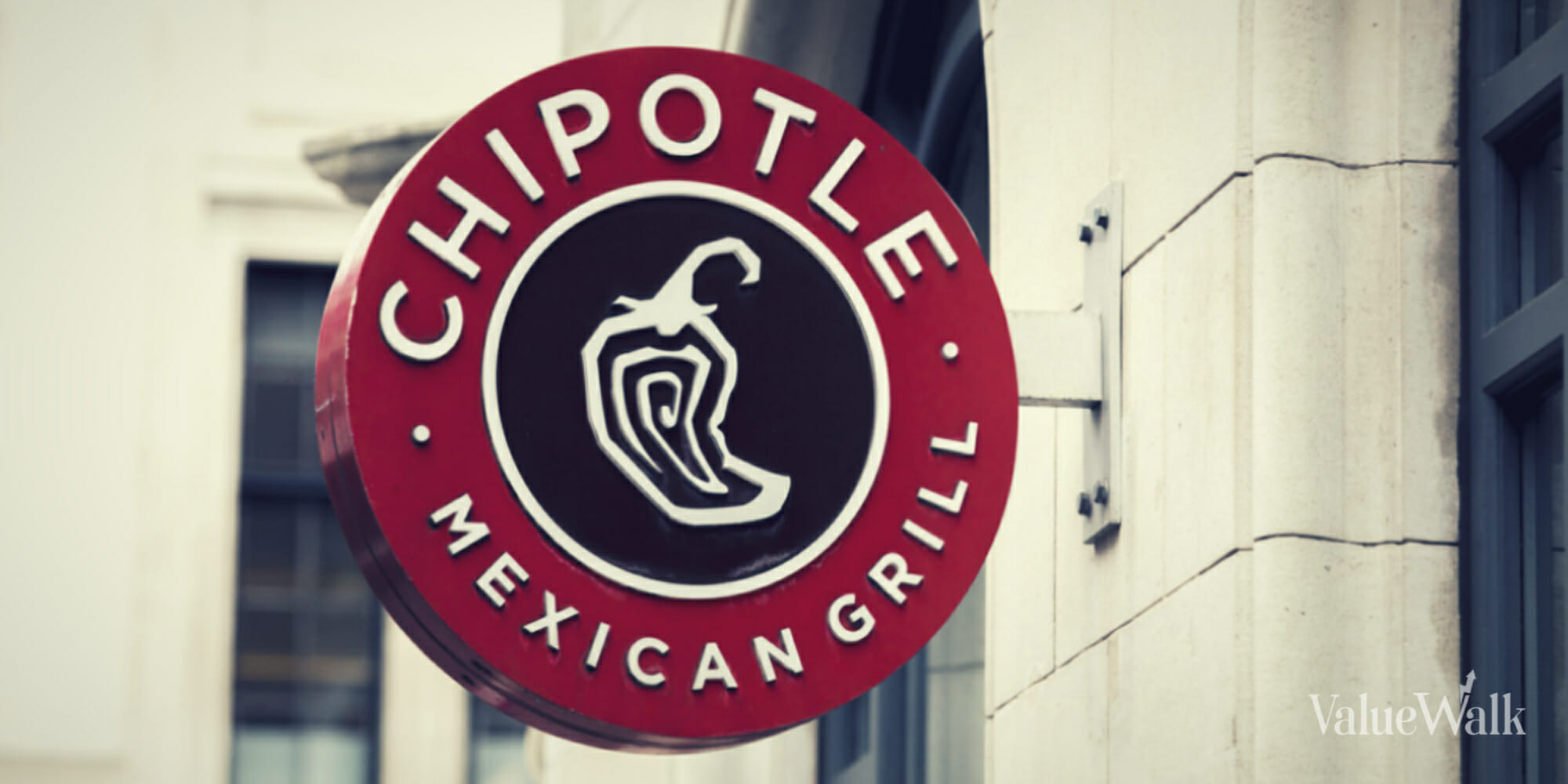Google stock has underperformed the S&P 500 Index since the middle of September amid worries on Wall Street that the search giant is not positioned well enough in the digital ad and mobile industries. However, UBS analysts see no reason to worry and have raised their price target on the stock from an already-bullish $630 to an even more bullish $670 per share.
In a report dated March 2, analysts Eric Sheridan and Vishal Patel and associate Alexandra Kasper said they think Google is better positioned than most of Wall Street believes. They address several main debates about Google and highlight the five debates they believe to be of the most importance.
Is Google’s core business dying off?
Perhaps the biggest concern is whether Search advertising, Google’s core business, is dying off. However, the UBS team thinks there’s plenty of runway here. While some argue for slowing growth, they see double-digit blended growth in Google’s core business over the next five years.
Desktop search growth is decelerating, but they think mobile search growth will more than make up for this deceleration. Additionally, they say “a deepening of offerings” in areas like e-commerce, travel and finance will be the main drivers of this double-digit growth.
Naturally this debate leads into the question about display advertising and whether Google can continue to grow in this area. The UBS analysts think display ads will actually drive the company’s growth more than growth in search advertising. Specifically, they think YouTube advertising and other ad technologies like AdMob and DoubleClick will enable the search giant to grow in display advertising.
Other worries about Google
Some investors have been concerned about overhang from regulation, which is understandable because of all the times Google has tangled with European regulators. The UBS team thinks most of the worst case scenarios are “unlikely,” although it remains unclear exactly when these regulatory issues will be resolved.
Others are worried about how well Google is positioned in the mobile segment. They call the search giant’s positioning “excellent” due to its Android operating system, Google Play store and suite of popular apps.
Still others have expressed concern about the company’s spending on capital expenditures and non-core businesses. The UBS team suggests that a mix shift toward businesses with lower margins that will push sustained growth in revenue is mostly to blame for the recent “deleverage” in this area. They see hope in this area though because they think recent partnerships will reduce Google’s operating and capital expenditures more than Wall Street expects.
Will Google return cash?
Just as it became an issue with Apple, Wall Street is now starting to become impatient with Google regarding cash return. The UBS team thinks this could be a major catalyst for the search company’s shares. Google’s net cash is now about 15% of its market capitalization.
However, management has given no indication about whether they will ever return any of Google’s cash to investors. The UBS analysts believe they will start a cash return program in the next few years, especially if the U.S. government offers a tax holiday for corporations that want to repatriate foreign cash.
As of this writing, Class A shares of Google were down by 0.07% to $574.61 per share.




